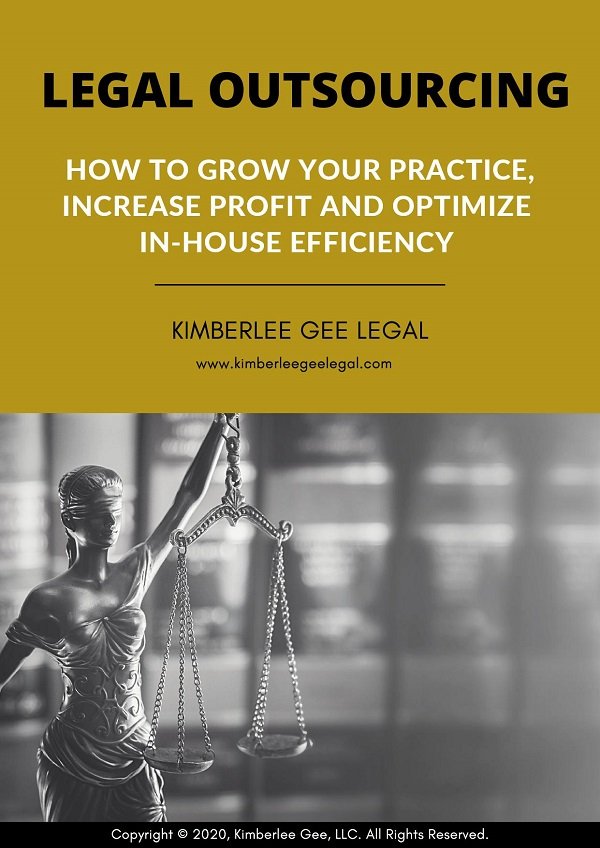What is a Position Statement and Meditation Brief?
In employment law cases, a charge filed with the Equal Employment Opportunity Commission (EEOC) will typically be evaluated by an attorney and that attorney will request that the respondent (the nonmoving party) file a position statement that gives a summary of the material facts and issues of a case from their perspective, clearly explains their version of events and discusses whether the alleged discriminatory acts are supported or not supported by the law and other pertinent materials and evidence. Position statements are often used in family law proceedings as well.
A mediation brief is a confidential legal document that is filed by the parties to a case with a mediator who is presiding over the case. The mediation brief elaborates on a party’s views about certain facts, legal remedies and solutions. Mediation briefs also typically address liability issues, damage awards, and may give the parties the opportunity to settle prior to trial or before proceeding further with the case.
Why are Position Statements and Mediation Briefs Important?
Both position statements and mediation briefs are essential to streamline all facts and issues related to the case and present the opportunity to settle the case before it proceeds for further adjudication before a judge or an administrative tribunal. A position statement allows charged parties to defend against employment discrimination, harassment, or retaliation charges filed with the EEOC or one of its state equivalents, and to respond to the legitimacy of a complainant’s allegations. It provides a chance for parties named within the charge to explain and explain the facts and therefore the law that support its position.
Most cases are settled before they ever make it to trial or even before the summary judgment phase. When parties are instructed or voluntary opt to participate in mediation, the mediator will typically request a mediation brief from each party. The opportunity to present a mediation brief allows each party to explain their case, the value or exposure of the case if it proceeds to trial, and its request for relief in settlement. This creates an opportunity for the parties submitting a mediation brief to increase the likelihood of settlement at a price point favorable to the clients, without wasting additional time and resources. Mediation briefs are also important because they allow the involved parties to freely communicate without worrying about the legal consequences. A mediator will ensure that the discussion is being conducted in a respectful and safe environment.
Why Hire a Legal Consulting Company?
A legal consultant can guide you throughout the process because he or she will be familiar with the numerous legal regulations and court procedures and can help research the potential liability or legal exposure should the case proceed to trial. A properly drafted position statement can also help defend against any allegations against you or your company and persuade the opposing party or the mediator to present a thought settlement offer, which will help the avoidance of a lengthy and costly trial.

